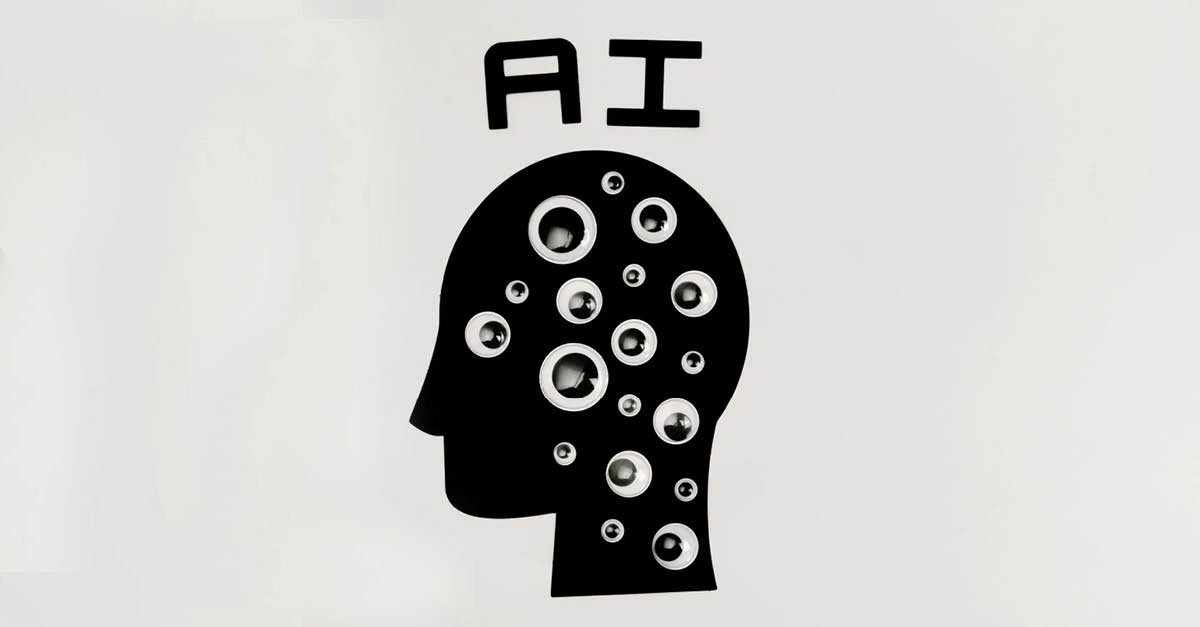If you migrate to a foreign country, you have to learn at least one new language. The apologists of artificial intelligence promise that soon everyone will have a digital tutor at their disposal to address individual concerns. But would such a tutor also be able to convey the lifestyle of another culture?
Individual tutoring for everyone, that’s what a British computer specialist predicts for the future of education. This is to become possible thanks to – how else could it be – artificial intelligence. It could respond to the individual needs or weaknesses of learners and support them accordingly. The classic model of classrooms would thus become obsolete.
Stuart Russell, as the scientist is called, draws a comparison in the Guardian with the tutoring systems at the elite universities of Oxford and Cambridge, which provide precisely this kind of individual support for students. However, the students do not sit opposite computers, but real people, professors with an attitude and life experience.
Human tutors are of course somewhat more expensive than AI, and their services are not so easily multipliable, which is why studying at Oxford or Cambridge costs quite a lot, as is well known. If AI was used en masse, on the other hand, the costs for the individual would shrink towards zero, which could lead to a kind of democratisation of an elite system.
So far, so good. But is it desirable to have a machine as a tutor? Even if we assume that AI will soon be able to design teaching experiences as good as a human teacher or trainer, the question remains open. After all, why should we want to learn at all if AI can do everything better anyway? And what kind of relationship should we have with our artificial tutor? Can AI be a role model in any way? That’s somehow hard to imagine, at least for someone who is used to learning with and from humans.
I currently live in a place that would be virtually predestined for the use of artificial intelligence for the purpose of education: on a small island in the middle of the Atlantic, where there is hardly any further education and even language teachers to learn the local language are rare. Stuart Russell’s vision is quite tempting, especially in such a place. Nevertheless, it is out of place – especially here.
For what am I learning for? Not to communicate with artificial intelligence, but to set up a life among people whose way of living and whose culture differs from mine – sometimes more, sometimes less. So I’m in a similar situation as a Syrian who comes to Zurich and has to learn German – but not only German, but also a new way of living. Could he do that with artificial intelligence? Probably yes. But do you want a machine to explain – or exemplify – people’s lives?
The idea is not only unpleasant, it is also a little absurd. Because if the machine is supposed to teach humans how to be human, we have indeed become superfluous – somehow.
And in the face of an increasingly powerful technology in the field of education, shouldn’t we reflect on precisely what defines a human being? At first glance, mastering a language may not seem to be one of them, especially since, thanks to various translation applications, my mobile phone speaks more foreign languages than I will ever learn; and in terms of vocabulary and grammar, it probably beats me in the idioms I am familiar with. But as far as I know, my mobile phone can still do little with what is conveyed in sentences in addition to trivial information – an attitude to life, perhaps. And whether ChatGPT is familiar with this beyond the pure definition, I dare (or at least I hope) to question.
I admit: I also use a digital trainer for vocabulary and grammar exercises. But I regularly and with pleasure go to the only teacher I could find here. Because she’s from here and teaches me things about my new home that I haven’t found in any application so far – even if that means being able to swear properly like a native.
